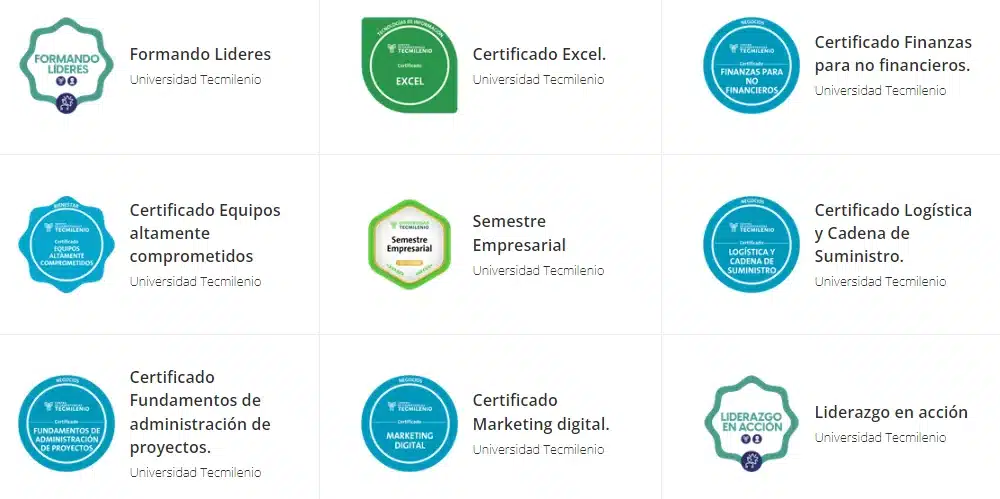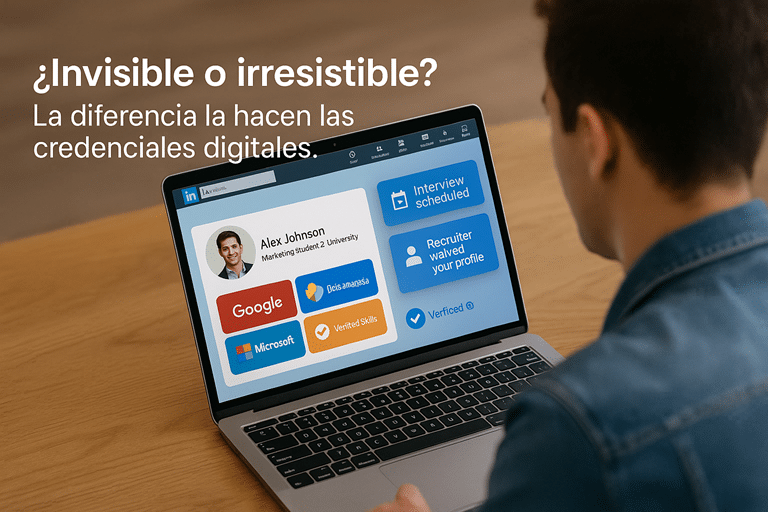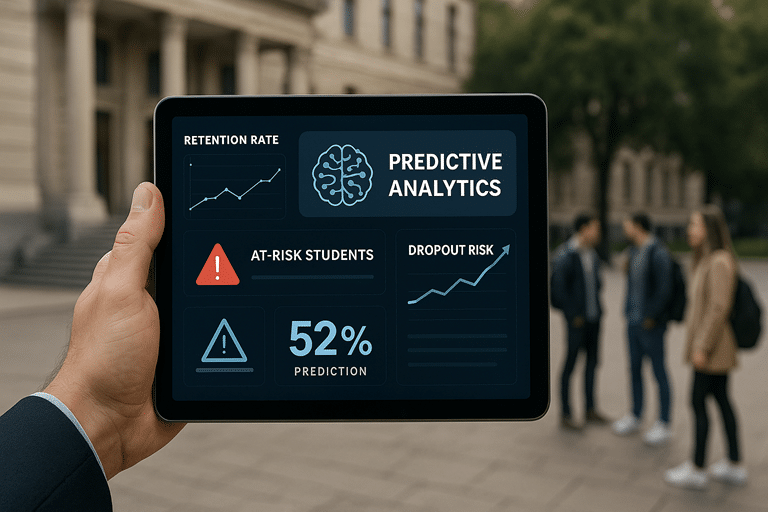Education has become more diverse and dynamic than ever. Traditional university programs are no longer the only option to acquire knowledge and skills. With technological advances, new forms of learning and accreditation have emerged. One of these innovations is the incorporation of digital microcredentials backed by blockchain technology. In this article, we will explore how digital microcredentials complement university programs and how they can benefit students and professionals in their academic and professional development.
What are digital microcredentials?
Digital microcredentials are small units of learning that represent specific skills and knowledge acquired by an individual. These credentials are issued by educational institutions or accredited entities and are securely stored on a platform based on blockchain technology.
How do these complement university programs?
This type of digital credential gives students the opportunity to expand their education beyond conventional university programs. They can complement their university studies by acquiring specific and up-to-date skills that are not found within the traditional curriculum.
It might interest you: San Valero Group: training with social commitment
In addition, they allow students to demonstrate additional and complementary skills to those obtained through their university degree. This improves their professional profile and makes them more attractive to employers as they demonstrate a wide range of skills.
Therefore, they encourage continuous learning and provide flexibility to students and professionals who want to update their knowledge or acquire new skills throughout their career. They can earn these microcredentials at any time and from anywhere, allowing them to quickly adapt to the changing demands of the labor market.
Benefits of digital microcredentials
- Validation and authenticity: Blockchain technology provides a secure and transparent system to verify the authenticity and validity of digital microcredentials. This prevents forgery and ensures that credentials are trusted and recognized in academia and the workplace.
- Portability and accessibility: Blockchain-backed digital microcredentials are easily transferable between educational platforms and systems. Students and professionals can access their credentials at any time and easily share their achievements with potential employers or academic institutions.
- Update and follow-up: Blockchain technology allows for continuous tracking and updating of digital micro-credentials. Employers and educational institutions can quickly check if a microcredential is up-to-date and relevant based on changes in the industry and required skills.

Digital microcredentials provide new learning and credentialing opportunities beyond traditional university programs. Their flexibility, recognition of additional skills, and portability make them a valuable tool for students and professionals in their academic and professional development. Powered by blockchain technology, these microcredentials offer validation, authenticity and continuous tracking, ensuring their relevance and reliability in the world of work. Digital micro-credentials with blockchain are a key addition to 21st century education.
Subscribe to blog here and receive all our content







